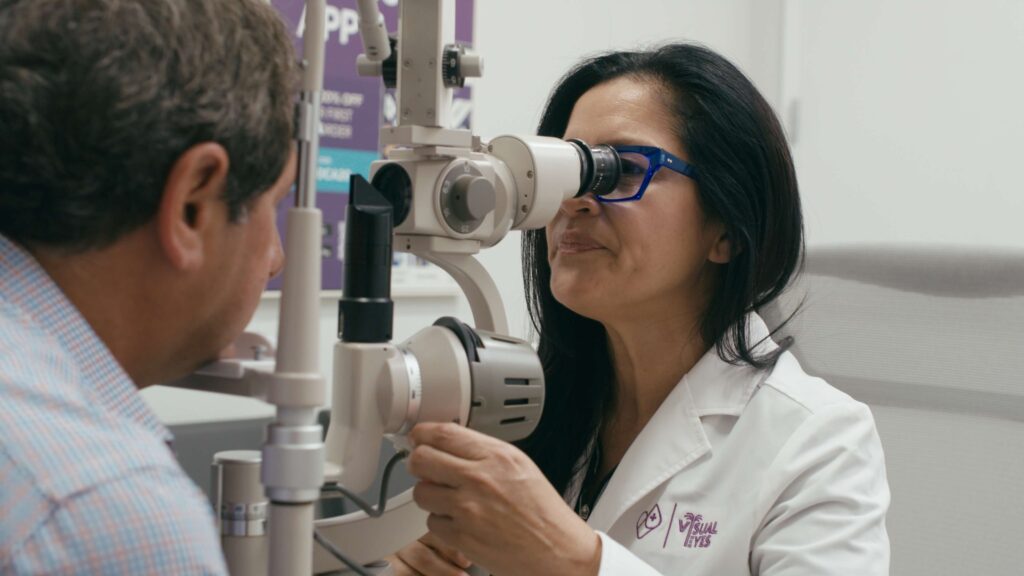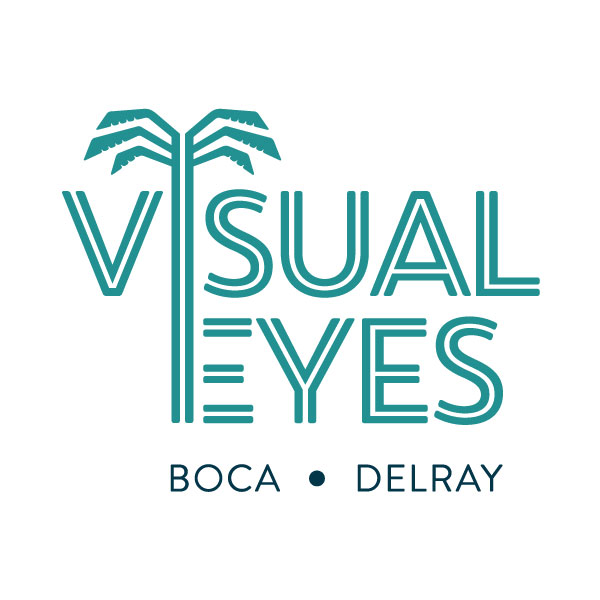Aging and Eye Health
Aging is a natural part of life, which means that it’s normal for your body to undergo noticeable changes as the years pass by. However, Some of these changes can be concerning, especially as they relate to your vision. Being aware of how your eyes can change helps prepare you to take the measures necessary to protect your eyesight and maintain optimal eye health now as well as in the years to come.
Changes In Vision
While you can experience eye problems at any age, many of the following changes in vision are commonly associated with aging. Below are some different kind of changes that can happen to your vision.
Dry Eyes
Over time, the tear glands within your eyes won’t produce enough tears to keep your eyes adequately lubricated, which results in dry eyes. Dry eyes can cause itching or burning, leading to discomfort and irritation. Sometimes dry eyes have the potential to damage your vision. Lubricating eye drops work well to remedy dry eyes.
Floaters and flashes
If you notice tiny spots or specks across your field of vision, you may have floaters. Floaters tend to be most noticeable when you’re outside on a sunny day or looking at a plain, bright background (a blue wall, for instance). Persistent floaters can be a nuisance. While most floaters are harmless, sometimes floaters indicate a more serious eye condition that needs to be addressed by your eye doctor.
Flashes are similar to floaters in that they create a visual disturbance across your field of vision and can sometimes serve as a symptom of a more serious underlying eye condition. Flashes involve seeing one or more brief flashes of light, flickering bright spots, or jagged/wavy lines. Flashes can last anywhere from a few seconds to up to 30 minutes.
Presbyopia
Tearing
Eye Diseases
Age-Related macular degeneration (AMD)
Cataracts
Diabetes-Related Retinopathy
According to Cleveland Clinic, diabetes-related retinopathy disorder is a complication of diabetes that “occurs when small blood vessels stop feeding the retina properly.” Some patients will have blurred vision, floaters, blind spots, and cloudiness, while others will have no symptoms at all. If you have diabetes, it’s imperative to manage your blood sugar levels and receive an annual eye exam, which can help prevent vision loss or blindness.
Glaucoma
Retinal Detachment
Temporal Arteritis
Prioritize Your Aging Eyes
Your eyes are incredible organs that make it possible for you to see and appreciate the world around you. Take good care of your aging eyes by scheduling routine eye exams and ensuring that your doctor knows if you have a family history of eye disease or have been diagnosed with diabetes.
No matter how old you are, it’s never too late to focus on ways you can safeguard your vision. Doing so will enable you to maintain your independence and continue to enjoy all the benefits that clear vision brings.
An eye exam is the first step to keeping your eyes healthy no matter what your age. Visual Eyes Optical offers the latest eye care technology such as digital eye exams and a wide variety of designer frames. Schedule an eye exam today!



